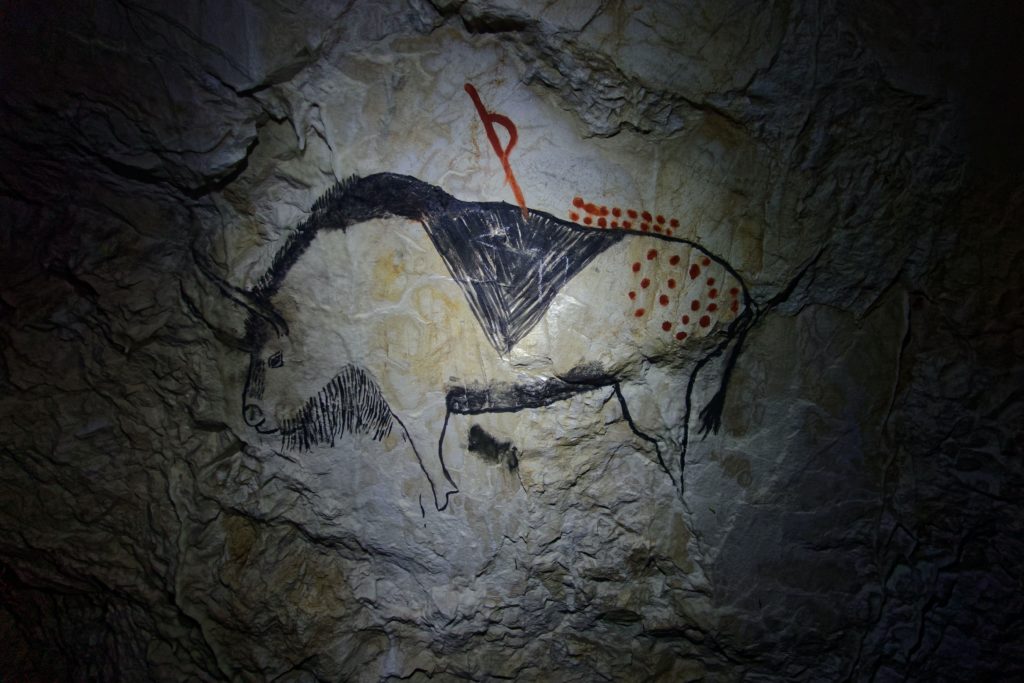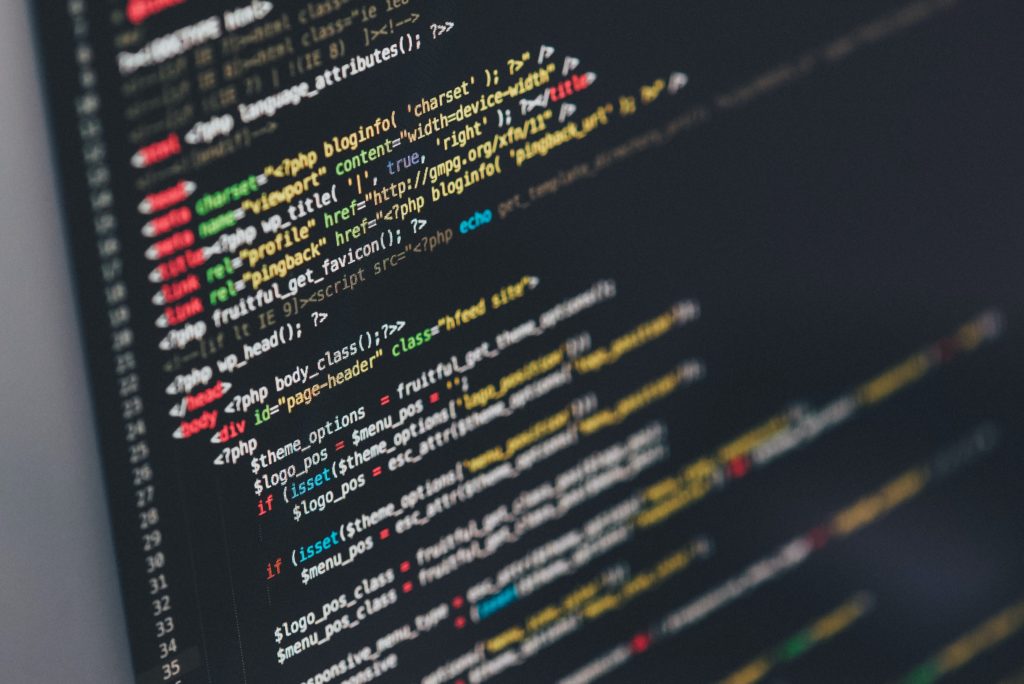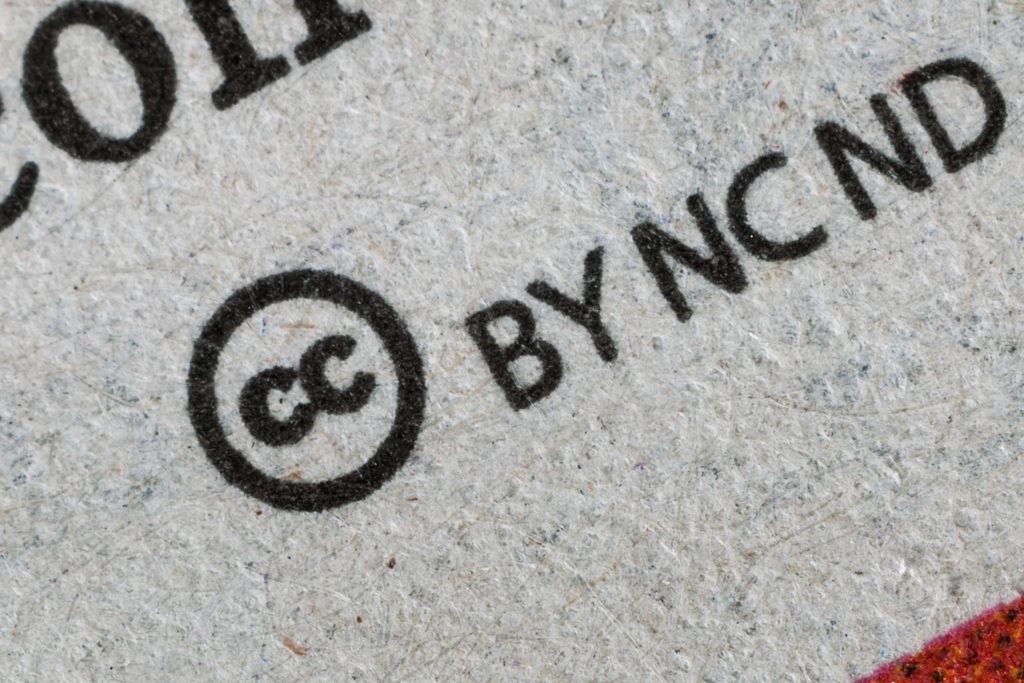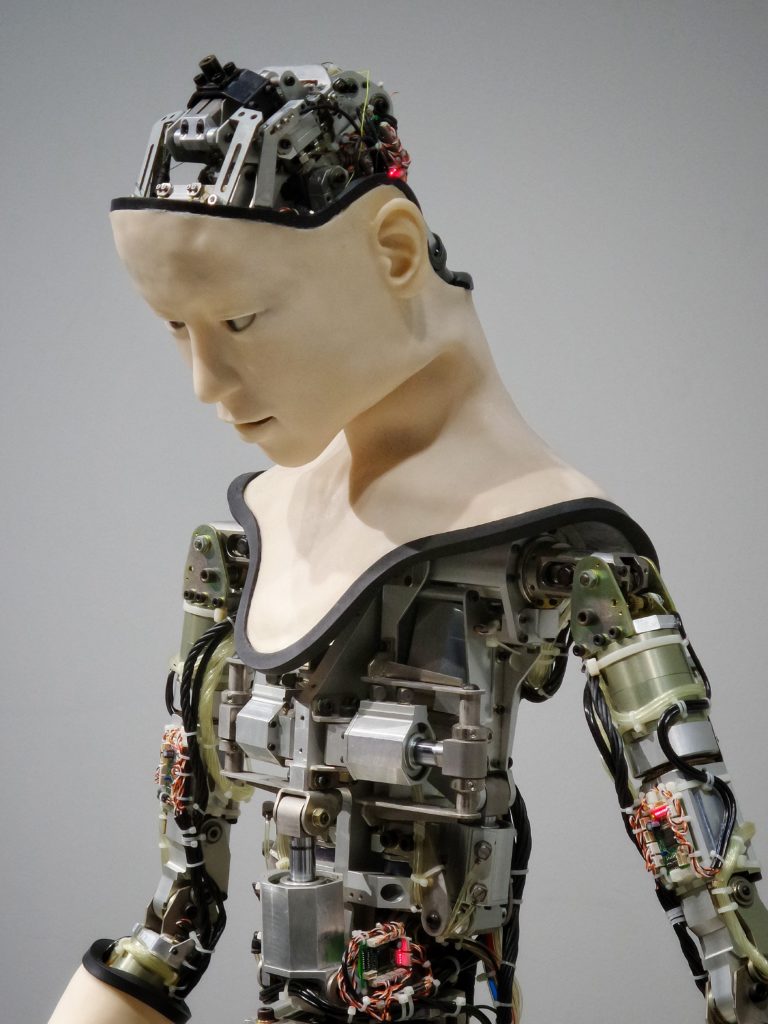We seek more, we want more, we can’t help ourselves but to create and invent new technologies.It has been true throughout the ages.
Did you know that 38,000 years ago, humans had already invented cartoons? It’s true and absolutely amazing. The drawings in the Chauvet cave in France were in fact designed to be animated.
Link to the video https://studio.youtube.com/video/b-YkwfW4tIM/edit/basic
Transmission of knowledge, through entertainment, was already in our primitive ancestors’ minds. How amazing is that? And it is technology which allows us to discover it today.

Did you know that 38,000 years ago, humans had already invented cartoons?
Evolution is inherent to mankind’s history and fear of changes, of technological disruption, and contempt towards the new generation are commonplace. We are caught in this endless debate between conservatives and innovators. Between champions of established order and super disruptors. Is it reasonable? Could we try to turn Schumpeter around? Of course, the middle way never seems quite as exciting.
- Fear of change created a distortion which has had grave consequences, both economical and societal
But today more than a debate, there is schism. On one side those who do business, on the other side those who think. A British scientist working at CERN invented the web and gave it to the world, an American student at the Harvard School of Business has reinvented social mediation and created one of the world’s first capitalizations.
This schism distorts the digital revolution.
Yesterday, “digital” meant making society better, contributing to change an established social order, emancipating and sharing knowledge. Today, it is creating a new social order with new values as questionable as our traditional models.
These new gods are changing everything: Nanotechnology is trying to change the foundations of biological life; this is called transhumanism. Automation could make worthless tasks disappear and opening the door to a society of leisure. Algorithms are already processing information and knowledge.
The old gods were European, the new gods are American and Chinese. Americans and Chinese are the early adopters and the disruptors while Europeans have been champions of the established order for 15 years.
It took us so long to understand and accept changes that this situation is to Europe’s most obvious economic disadvantage and sometimes at the expense of humankind. 234 unicorns between the US and China, more or less 33 in Europe. 80% of CAC 40 corporations are using Amazon cloud. The United States accounts for 83% of the market capitalization of digital companies, compared to 2% in Europe. Google and Facebook capture 70% of online advertising. 82% of all start-up acquisitions in the United States and Europe were made by US companies. Google controls more than 90% of the search market in Europe.
The scandals about the respect of the protection of personal data are constantly being revealed.
The “Cloud Act” of 2018 allows the US government to access any data, regardless of its provenance, as long as the data is stored within US servers, regardless of the geographic location of the data center itself. Europe replied with GDPR and “privacy by design”, but 40% of the 3,200 data centers listed worldwide as of 2019 were located in the USA.

The “Cloud Act” of 2018 allows the US government to access any data
Today, of the 10 most visited websites in the world, 9 are affiliated with US players when 80% of their users are not located on the North American continent. France and Europe missed the first major wave of digital business based on personal data while the US and China have been creating global monopolies thanks to active economic interventionism.
Europeans are creating regulations; meanwhile Americans are building digital colonies. The repealing of net neutrality by the FCC made it possible to discriminate between users, making it more expensive and to secure internet providers’ investment infrastructure.
At the same time, the EU passed a bill on copyright aiming to create a balanced market online and properly compensate content creators. Some have been fueling innovation, encouraging new business models and some others prohibiting them long enough to be relegated to the rank of putative regulators.
Open innovation models are of systemic sizes in the US, whereas it is almost never the case the European Union: in 2007, Netflix launched a $1M contest for improving Netflix’s recommendation algorithm which contributed to Netflix’s pivot toward digital.
in 2014, Tesla gave access to all of its patents in order to foster technology adoption; thus, Tesla became an industry partner for traditional car manufacturers. While many countries still didn’t fully understand that access to public information (Open data), was an industrial necessity and many are still questioning it in the name of ancient privileges in access to information.

Open innovation models are of systemic sizes in the US
This distortion is also happening at the source: In one of the greatest French business schools, a course entitled « digital entrepreneurship » did not run this year due to lack of interest.
And it is only focused on start-ups and business models, not on disrupting our old business models. Did you know the average age of a CAC 40 company is 105 years, whilst the average age of NASDAQ companies is 15?
Since the Bayh-Dole Act (1980), partnerships between universities and industries have multiplied. Licensing and enhancement structures, such as technology transfer offices, exist in all universities to transform inventions into business. Technology transfer offices have enabled a constant increase in the number of inventions, patents filed, start-ups created, and products put on the market thanks to university innovations for 30 years.
According to the Reuter 2019 ranking, of the educational institutions doing the most to advance science, invent new technologies, and power new markets and industries, out of the top 10 innovative universities, 8 are American!
The European Union is now saying that it will invest 20 billion a year in AI, that it will be the guardian of privacy, but Europe is already 15 years behind. The new world and its new gods colonized the old continent. We let a new world order settle where for now we have very little to say.
In this new world order, tomorrow is business and technology. The digital world is technologically enhanced often outside of ethical, political or geostrategic considerations.
Digitalization was a major positive disruption of outdated models but could become even worse than them Digitalization was a promise, a renewal, a major positive disruption of our society already carried away by several successive generations.
The Internet and then social media opened up a global conversation in a more transparent world. Democratizing knowledge, giving access to information, creating bridges between cultures and generations. Abolishing borders and prejudices.
Like the amazing virtual reality experience called “Note on blindness” to help us understand the perception of the world by a blind person
Link to the video https://www.youtube.com/watch?v=W2eTgbyiY_0
It has shaken authoritarian regimes, questioned old school capitalist dogma. In theory, it consisted of the sharing of knowledge, understanding, information between all, and the establishment of a conversational model with centralizing public or private authorities rather than communication.
The digital world was supposed to be more open, more collaborative, empowering citizens. Blockchain, as the most decentralized technology today is for instance helping refugees, unbanked populations, and micro-companies operating in the world’s poorest regions to prove their existence.
Technologies are enhancing healthcare. Thanks to machine learning, MIT has developed a powerful antibiotic that kills some of the most dangerous drug-resistant bacteria in the world. It did so by analyzing and scanning hundreds of millions of chemical components and more than 6,000 molecules.
But change for the greater good has been caught up in an economic war. Behind the appearance of gratuitousness hides the reality of global monopolies and worse still, the appearance of benevolence hides the lack of regulation.
Because beyond their economic power, GAFAM and BATX monopolize data. Netflix, YouTube, and Amazon Prime alone account for 58% of global internet traffic.
In July 2018, Google represented 86% of the online computer search market share. Facebook boasts 2.4 billion users, a population almost larger than that of every continent. The Chinese government controls most Chinese data for different, obvious reasons. Europeans are trying to regulate what is not really at their fingertips.
This situation will eventually lead to our original sins being reproduced and engraved into code, and therefore into our lives. Human biases are already filling algorithms. Whether it is an image recognition program labelling the faces of several black people as gorillas, or an advertising program showing a preference for male names in searches, or a chatbot spending a day learning from Twitter and beginning to spout antisemitic messages,
Or an internal platform to vet job applications consistently downgrading female candidates, or a computer program used by a US court for risk assessment which was found to be biased against black prisoners, or a credit card, launched in summer 2019, offering smaller lines of credit to women than to men…
It is far removed from the values of a society open to diversity gender equality and tolerance. There were roughly 23 million developers worldwide by the end of 2018 and there will be 27.7 million in 2023. 18.3% of developers are American, 17% are Indian. Among US developers, 72.5% are men, 77.9% are married, 43.4% educated to higher level – the median age is 36 years.
Even when it is unconscious, we all have various sorts of biases, cultural, social… and algorithms reproduce them, automate them, spread them. Tomorrow is human if we build it together
These last 15 years have proven, if it was still necessary, that fear is never a good motive. Worse than fear of change, discouraging innovation and delaying transformation is simply the best way to lose leadership and disappear into the oubliettes of history.
But being naïve, on the other hand, or being a genuine tech enthusiast is also the best way to be surpassed by its creation and finally creating a world running on the exact opposite of your original intentions.
Social networks were initially a positive step forward for democracies. Information is power; how can we claim to love democracy when information is only in the hands of the few?
Does it mean we should give up education, formed opinion, and intelligence, in favor of artificial intelligence? Should we surrender “l’esprit critique” to algorithms?
During the 2016 US presidential campaign, millions of people actually thought Hillary Clinton was having orgies in the basement of a pizzeria in Washington. Millions of people actually believed, during the last Brazilian presidential campaign, the Brazilian government would be able to decide if they were having baby girls or boys for them.
Of course, algorithms should be tested and controlled in the same way we use clinical trials for drugs. But school should also be a place where children learn to think, and how to face the complexity of the world. School should not contribute to the simplification of thinking or be summarized as technical learning.
New gen wants gender equality? Let’s start by studying Simone de Beauvoir’s “second sex” in high school, or anything that will build ways of thinking and create debate.
New gen wants to save the planet? They should start by changing their own digital habits which represent 4% of global carbons emissions, versus 3% for airlines.

Do we plan to rebuild and strengthen social differences through digitalization?
72% of working-class digital users only care for entertainment. This drop to 36% among senior managers. Do we plan to rebuild and strengthen social differences through digitalization?
We should use Open data to enhance democracy and make transparency when it is a matter of greater good but respect individual privacy, with no exception, whether it is public facing or not. Open data and open innovation are important keys to anticipating and planning for disruption and transformation.
These mechanisms are not systemic in Europe where industries still have an old limiting industrial mindset of proprietary technology. Europe missed the first digital business wave of personal data, the Union should make sure we don’t miss the second wave of internet of things, smart cities, B2B data carried by 5G.
The EU says they are planning to spend dozens of billions in AI, but AI doesn’t work without data. How can Europe compete with American and Chinese domestic markets and hope for a reestablished balance on the global digital market if there isn’t a consolidated and harmonized European digital market?
Europe won’t be able to ignore the monopoly situation of our economic competitors forever and the Union will have to fight. Antitrust is a rightful regulatory tool that fosters growth and innovation.

Our relationship to humanity will be renewed
90% of all data ever created by humans has been produced in the last two years.
Between 2003 and 2020, the price of a DNA sequencing went from $2.7 billion to $300. Global technology spending reached $4,912 billion in 2019.
Our society is going through a profound transformation, even greater than observers can reasonably or usually express as it will deeply affect our way of living.
Our relationship to humanity will be renewed. Technology is the way to create an augmented human. By 2030, we will be able to take pictures or record videos thanks to contact lenses. By 2030, universal language translator earbuds will allow us to communicate, whatever our native language may be. But technology is trying to change life itself. Starting with its limitations, technology wants to kill death, strengthening our genetic capital to live 2 times longer thanks to nanotechnology. Many scientists and researchers seriously think it is possible in the very near future and that possibly the first generation to consistently live more than 100 years has already been born.
This will have unlimited ramifications on our way of life.
Our relationship to work and leisure will create a change in our society’s values. 85 % of the jobs that will exist in 2030 don’t exist yet. First, robotization will help to reduce the harshness of our working conditions, reduce the risk of accidents in the workplace, and, therefore, increase productivity.
Artificial Intelligence through automatization and gamification of our work is going to increase human productivity and kill low value tasks. In the near future, all repetitive tasks will at some point, be managed by machines or algorithms: working will mean create something that cannot be generated or done by a highly intelligent machine. As a result, leisure may replace work as our main activity any longer.
Our relationship to intelligence and creation will also be renewed. Artificial intelligence will process and automate knowledge. Information society is already driven and shaped by algorithms. Humankind will have to stay in control of intelligence. Of course, technology will allow us to augment our brains through process augmentation solutions, which are already being developed and enhanced. It is therefore crucial that we rethink our intelligence management and our education system to master our future.
We’re moving forward with the new humanity; a new philosophy, putting the fundamental values of our societies at the core of our daily lives. We need to re-think capitalism for the digital generation, invent augmented humanity, and take back control of intelligence, beyond machines.